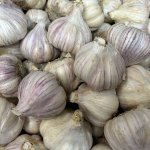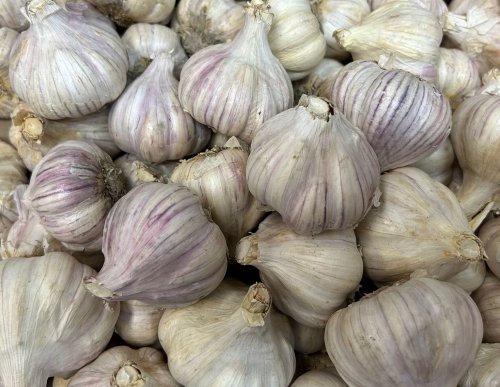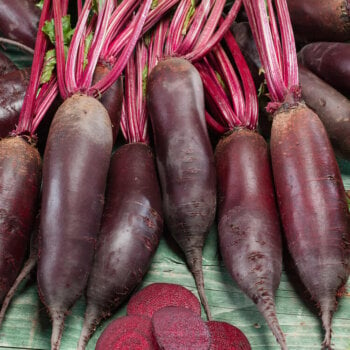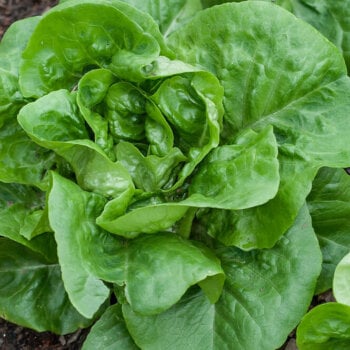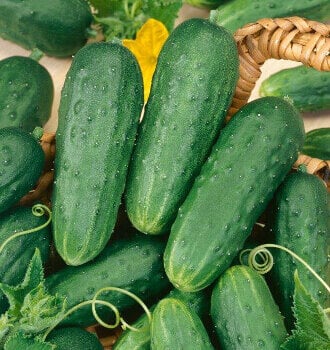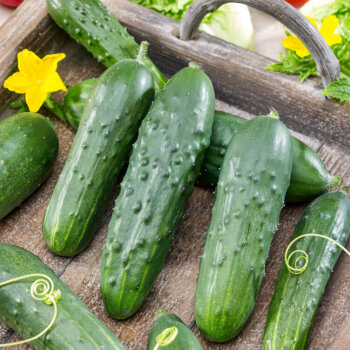Description
Duganski Fall Garlic (Hardneck) 2526
Grown in Ontario. Duganski is a stunning hardneck variety with consistent bulb sizes and vibrant purple-striped wrappers, making it as beautiful as it is delicious. It delivers an initial fiery burst of heat when raw that mellows beautifully into a rich, earthy flavour when cooked. This makes it a favorite for culinary enthusiasts who appreciate a strong, distinct garlic presence in their dishes.
Why You’ll Love It
- Consistent and Large Cloves: Unlike some varieties with many small cloves, Duganski produces a lower number of large, uniform cloves. This means less peeling and more garlic for your kitchen. Its uniform size also makes it an excellent choice for market growers.
- Great Storage Life: Duganski is known for its impressive storage life for a hardneck variety, often keeping well into the winter months. This extended shelf life ensures you can enjoy its robust flavor for months after harvest.
- Adaptable and Hardy: This variety is winter-hardy and thrives in cooler climates. It’s a reliable performer that produces a sturdy plant with a thick stalk (scape) that can be harvested and used in cooking.
- An Excellent Choice: A popular choice among growers and chefs, Duganski combines striking looks with a powerful, memorable flavor. It’s an excellent variety to grow and enjoy, offering superior performance and a truly gourmet experience.
Your Guide to a Successful Harvest
How to Grow:
- Planting Time: For the best results, plant individual cloves in the fall before the ground freezes.
- Soil: Duganski Fall garlic is adaptable, but thrives in well-draining soil like loamy clay or sandy loam.
- Planting: Gently crack open the bulb and plant individual cloves with the pointed end facing up.
- Spacing: Plant cloves about 5 cm deep. For larger bulbs, space cloves at least 20 cm apart. If you prefer a higher total yield of smaller bulbs, you can space them closer at 10 cm apart.
- Care: Mulching your garlic bed is highly beneficial. Remember to rotate your garlic crop every 3-5 years with other plants like mustard or fall rye to maintain soil health. Avoid planting garlic where other alliums (like onions or leeks) have recently grown.
Note: Always start each new crop with fresh, healthy bulbs to ensure the best possible yield and quality.
Click here for more information about planting fall garlic.

